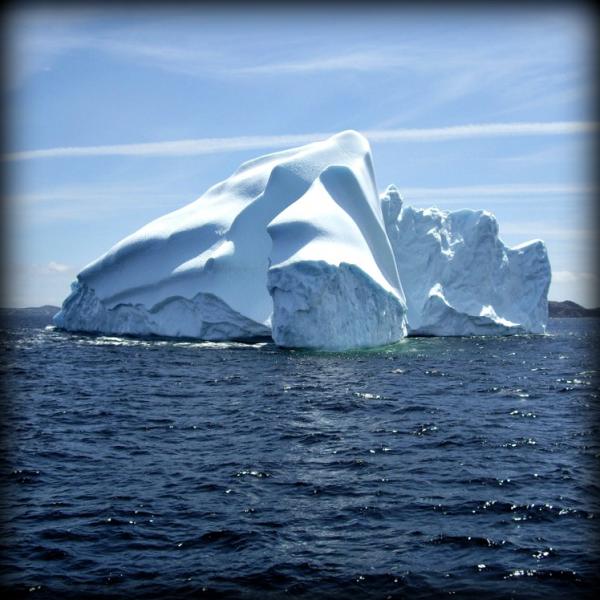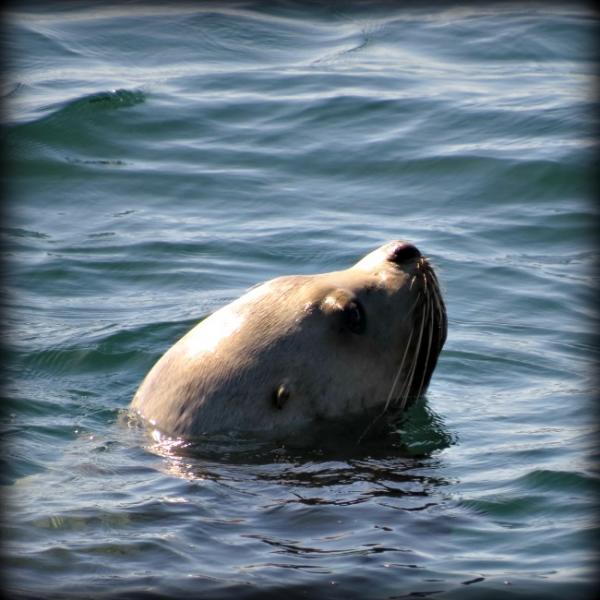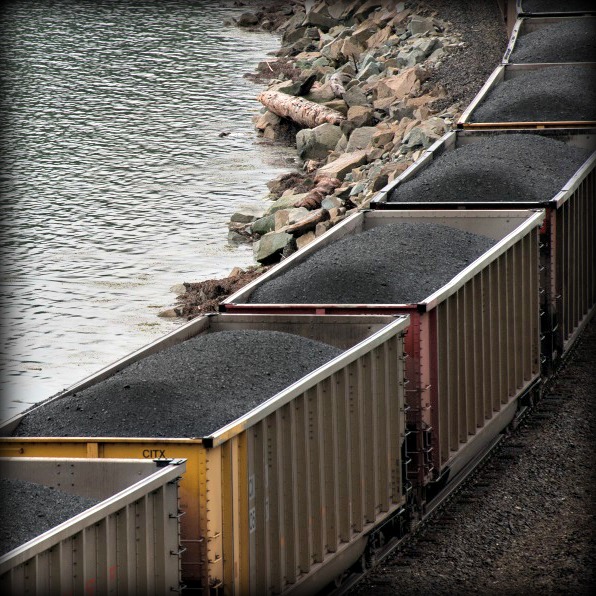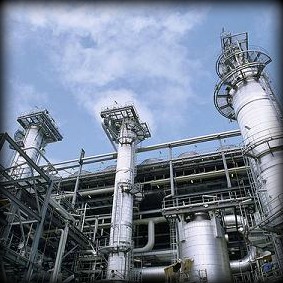The Salish Sea is a special place. Here, hundreds of rivers meet the sea, creating a unique coastal environment that supports a huge variety of marine life, including wild salmon and endangered killer whales. These waters have supported thriving First Nations communities for thousands of years, and today tourists, businesses and residents alike are drawn by the region’s mild climate, unique geography, fantastic quality of life and the stunning natural beauty of the Salish Sea.
All of this is at risk.
 Kinder Morgan’s Tar Sands Pipeline
Kinder Morgan’s Tar Sands Pipeline
How do you feel about a highly pressurized tar sands-filled pipeline running right under the most populated areas of British Columbia? Kinder Morgan plans to increase the capacity of the Trans Mountain pipeline system from its current 300,000 barrels per day to 890,000 barrels per day. This means building a second pipeline from the tar sands of Alberta, across pristine wilderness, under homes and through the most densely populated areas of BC to the coast. It also means at least 400 additional tankers carrying the dirtiest oil on Earth through the Vancouver harbour and the Salish Sea every year.
Coal is the world's dirtiest fossil fuel. When burned, it creates more climate changing pollution than any other fuel, including oil and gas. Right now, plans are underway to drastically increase coal shipments from ports in Oregon, Washington and British Columbia. The coal iself is strip-mined in the US's Powder River Basin, located in southeast Montana and northeast Wyoming, one of the largest reserves of coal in the world. If the plans go ahead, the coal would leave in bulk carriers bound for Asia, where it will be burned for power generation.
BC is betting its economic future on liquefied natural gas (LNG). The whole plan centres on the concept of extracting gas in the northeast of the province, and then piping it to the west coast where it will be frozen into liquid form and pumped onto ships bound for Asia. But because most of the province's conventional gas reserves have already been extracted, most of the gas that will drive BC’s new LNG boom will have to be obtained through the hazardous and environmentally damaging method known as hydraulic fracturing (or "fracking").
 Carbon Corridor or Climate Leader?
Carbon Corridor or Climate Leader?
Climate disruption is already responsible for major changes to our environment and our economy, and if we carry on at current rates of emissions, the future impacts here and around the world will be devastating. The science is clear: if we are to keep within safe limits and avoid the worst of these impacts, most of the world’s fossil fuels – and especially coal and unconventional fuels such as tar sands – need to stay in the ground.
 Impacts on the Health of the Salish Sea
Impacts on the Health of the Salish Sea
With or without a spill, increased shipping activity can take a serious toll on marine ecosystems, wildlife and communities along the coast. When the products being shipped are fossil fuels like coal, oil and gas, the impacts are amplified because burning these fuels contributes greatly to global climate change.
The Salish Sea flows across the Canada/US border, and so does the fight to protect it.
 Doubling Down on Dirty Coal
Doubling Down on Dirty Coal Liquefied Fracked Gas
Liquefied Fracked Gas